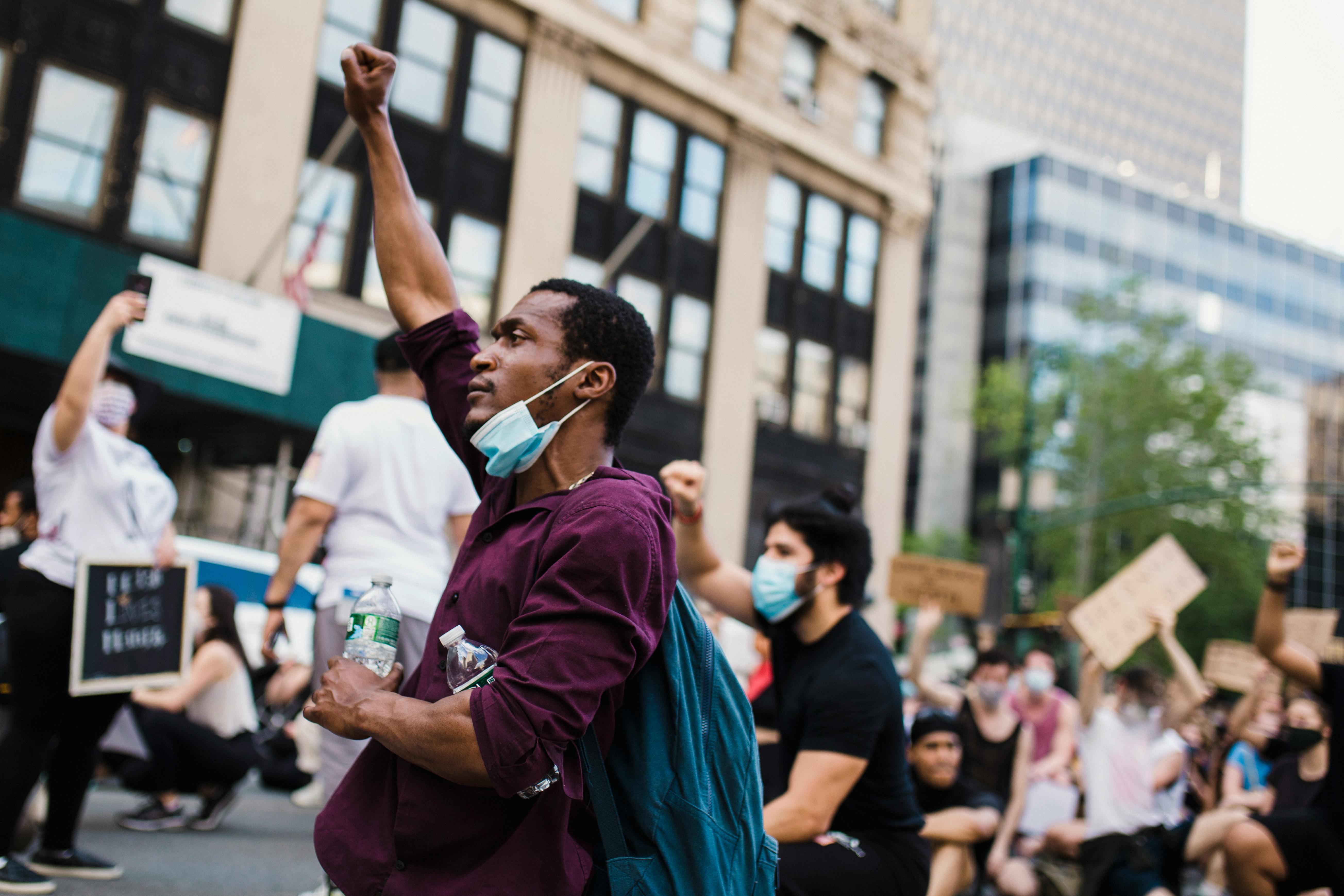For members of the deaf community who converse in American Sign Language (ASL), Video Relay Services (VRS) and Video Remote Interpreting (VRI) provide valuable tools for communicating with the hearing world.
VRS is a form of Telecommunications Relay Services (TRS) that:
1. allows the hearing impaired to access the telephone system
2. allows the deaf to use American Sign Language instead of a text telephone (TTY) to call a hearing person over regular phone lines
3. Allows the use of a high-speed Internet connection plus a webcam or video conferencing equipment to access a communications assistant (CA) in a call center
4. relies on the CA to transmit information to and from a hearing person on their phone
5. It also allows a hearing person to initiate a call to the deaf person
The FCC covers the costs of all VRS calls through the Interstate TRS Fund. The calls are free to both parties and are “transmitted” by the CA, who is an expert and qualified ASL interpreter.
The FCC requires that VRS be used only in a situation where the deaf person would have made a typical voice call through the telephone system but for the disability. VRS cannot be used as a replacement for a live interpreter.
VRI has a different purpose. With VRI, both deaf and hearing people are located in the same location, such as a hospital, school, college classroom, courtroom, police station, prison, or any other location where a sign language interpreter is not available in alive.
VRI fees are paid by the requesting party. Depending on the situation, a qualified interpreter may be required as a reasonable accommodation under the Americans with Disabilities Act (ADA), especially in medical and legal situations.
VRI is not limited by geography. You can take advantage of VRI from anywhere in the world with a webcam and high-speed Internet connection. VRI is now the first choice for hospitals where the need for an ASL interpreter cannot always be scheduled in advance.
In-person sign language interpreters generally:
*must be reserved 24 hours in advance to avoid higher charges
*require a two-hour minimum fee, no matter how brief the actual performance
* charge a 2 hour minimum fee if the job is not canceled 24 hours in advance
* charge if client does not show up, such as a deaf student skipping a class
VRI can:
1. substitute for live interpreters when they are not available
2. Reduce the cost of private medical offices and schools that are required to provide sign language interpreters but are not funded by the TRS Fund
3. make sign language available in safe settings such as prisons, interrogation rooms, and dangerous medical settings
4. available on demand at no additional charge
5. No additional charges for last second assignments or cancellations
6. Get rid of “in-person” interpreter fees for rides and parking
The FCC’s concerns about the illegal use of VRS instead of VRI continue. Although VRS providers have systems in place to detect inappropriate calls, no system is perfect.
